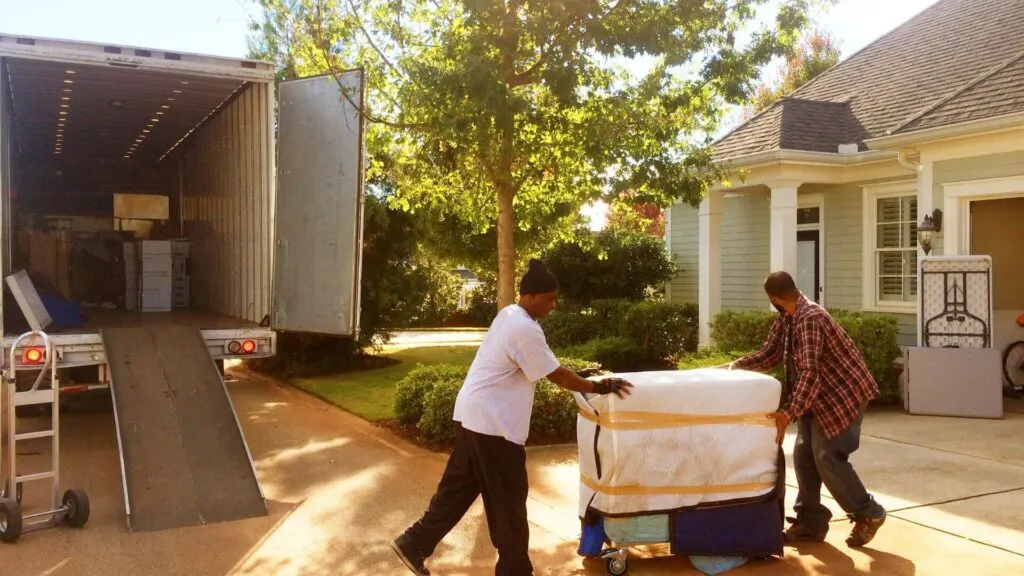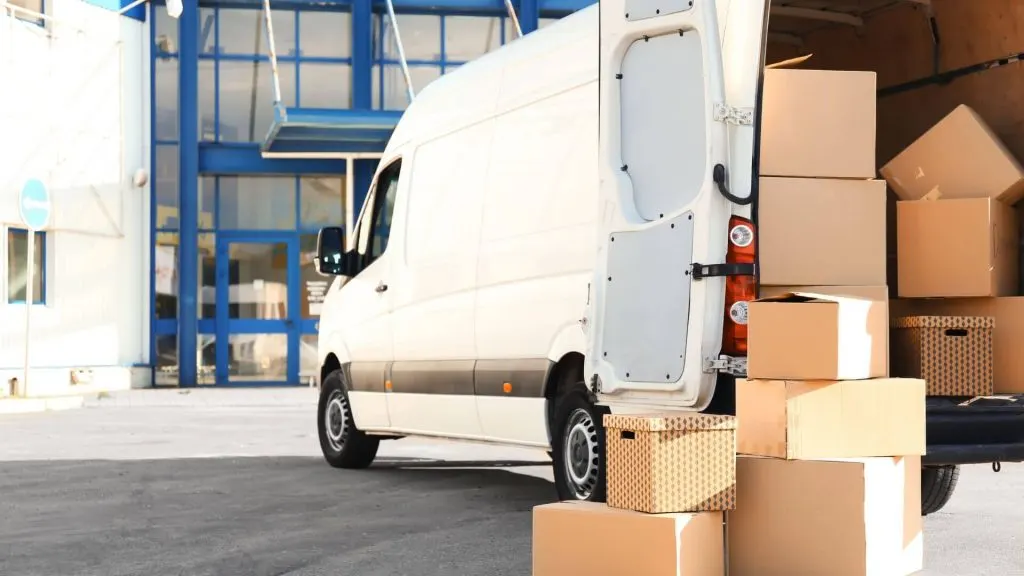Moving to a big city is exciting! However, it can also come with challenges, and adjusting to urban living can take some time. Whether relocating for school or work or simply craving a change of scenery, being well-prepared can make all the difference.
Here are valuable tips to help you navigate the ins and outs of moving to the city.

Plan Ahead
Before you pack your bags, research your new city. Learn about its neighborhoods, cost of living, job market, and transportation options. This information will help you decide where to live, work, and how to get around.
When moving, organize well in advance by creating a timeline and checklist of tasks to complete before the big day. This might include finding a place to live, arranging for utilities and services to be set up, and notifying essential contacts of your change of address. Planning can alleviate stress and ensure a smooth transition to your new home.
Pack Strategically
Start by decluttering items you no longer need or use. This will lighten your load and make unpacking easier once you arrive. Label all your boxes with the contents and the room they belong to for easy unpacking.
Use color-coded labels or markers to distinguish between boxes for different rooms. Pack essential items separately and label them “Open First” for immediate access upon arrival.
Rent a Moving Storage Container

When relocating to a big city, there are many advantages to renting a moving storage container. First and foremost, it provides flexibility in your timeline. With a container, you can pack and load your belongings as quickly as you want. This is without the pressure of moving everything in a single day.
Storage containers are secure and weatherproof, protecting your belongings during transit and storage. Your items will be safe until you unload them at your new home.
Storage containers are also a cost-effective option compared to traditional moving services. You only pay for the container and the transportation, which can be more budget-friendly, especially if you’re moving a smaller load or have a tight budget.
Research Parking and Loading Zones
Research parking regulations and loading zones near your new home, especially if you’re moving to a densely populated area. If you are moving into a high-rise apartment or condo, coordinate with building management to alleviate some of that stress and focus on settling into your home.
In many big cities, parking regulations are strictly enforced, and parking in the wrong spot can result in fines. You might even have your vehicle towed. Knowing where to park on move-in day can avoid these potential hassles and keep the process running smoothly.
Pack a Moving Day Essentials Kit
The essentials kit is readily available and ensures you have everything you need during moving day. Instead of rummaging through boxes to find essentials (like toiletries and medications), you’ll have them easily accessible.
Pack essentials like a first aid kit, flashlight, and basic tools to help you handle any emergency. Moving days can be long and exhausting, so having comforts like water, snacks, and a cozy blanket can make the experience more bearable.
Explore Local Services and Amenities
Familiarize yourself with the local services and amenities in your neighborhood. Find out where the nearest grocery stores, supermarkets, and farmers’ markets are located. Easy access to fresh food and groceries will make meal planning and cooking in your new home easier.
Research nearby hospitals, clinics, and pharmacies. Knowing where to go for medical care and prescriptions will give you peace of mind. Explore the local dining scene to discover new favorite restaurants, cafes, and eateries.
Look for gyms, fitness centers, and parks where you can stay active or enjoy the outdoors. It’s a great way to explore your surroundings and meet people.
Connect with Locals
Joining a community group, whether a book club, sports team, volunteer group, or cultural association, can provide opportunities to meet people with similar interests and passions.
Explore your new neighborhood and frequent local cafes, restaurants, bars, and shops. These places often serve as community hubs where locals gather; conversing with regulars or staff can lead to new friendships.

Moving to a big city can feel exciting and overwhelming at the same time. Use the following tips to make the transition smoother! With time, you’ll adjust and discover all the fantastic things the city offers. So, don’t worry too much. Take it one step at a time. Soon enough, you’ll feel right at home.

Jessi is the creative mind behind The Coffee Mom, a popular blog that combines parenting advice, travel tips, and a love for all things Disney. As a trusted Disney influencer and passionate storyteller, Jessi’s authentic insights and relatable content resonate with readers worldwide.
